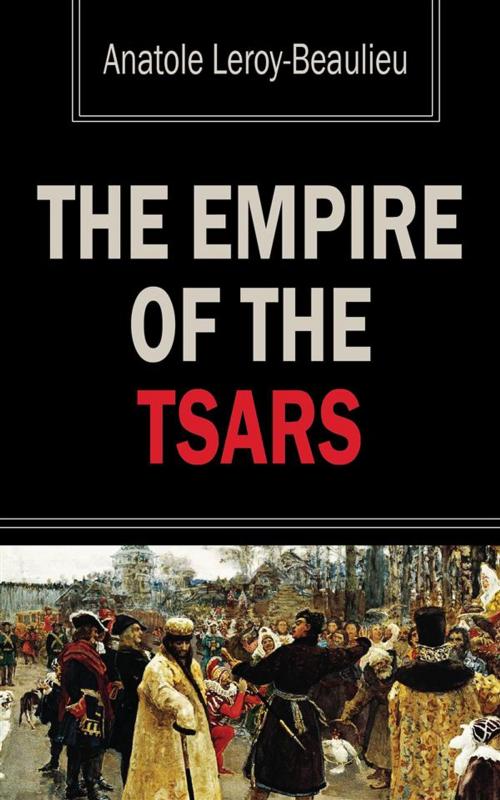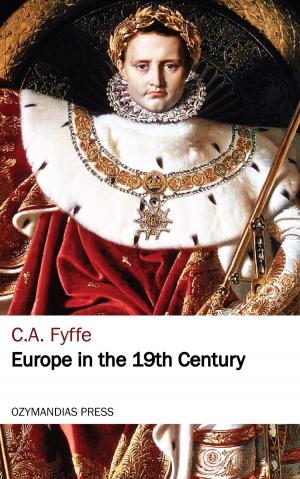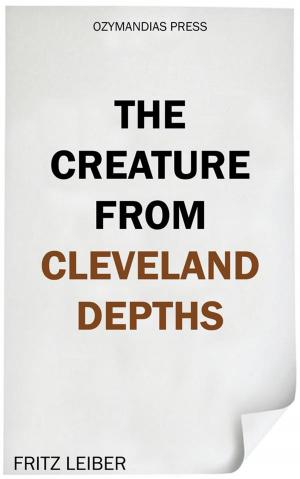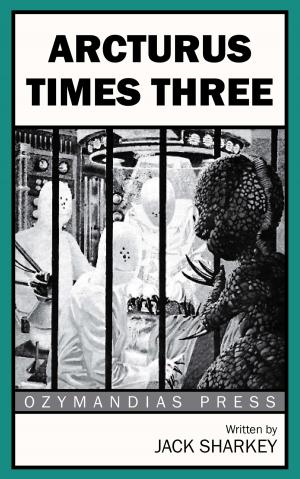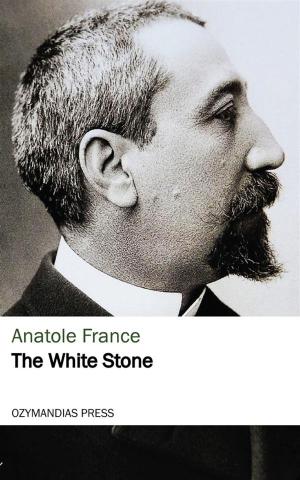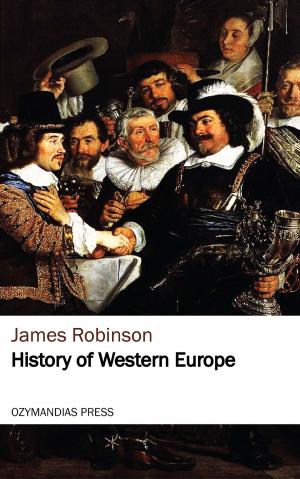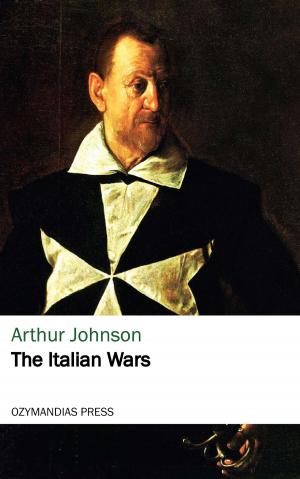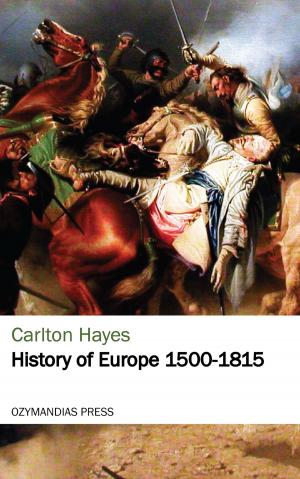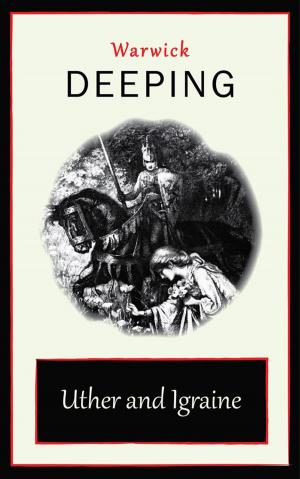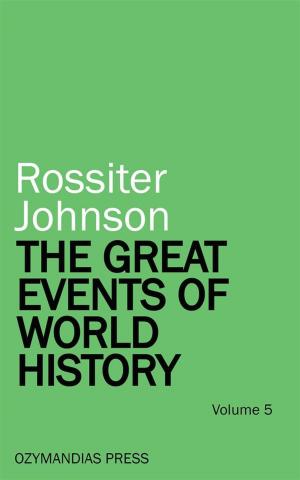| Author: | Anatole Leroy | ISBN: | 9781531285753 |
| Publisher: | Ozymandias Press | Publication: | June 26, 2016 |
| Imprint: | Language: | English |
| Author: | Anatole Leroy |
| ISBN: | 9781531285753 |
| Publisher: | Ozymandias Press |
| Publication: | June 26, 2016 |
| Imprint: | |
| Language: | English |
The Russians themselves will say at times they have no history. Some, like Tchaadáyef of old, deplore the fact in melancholy strain, passionate and eloquent, nor can anything console them for having missed the most brilliant epochs of European life, or allay their fears that, for lack of the same trials and upbringing, their country never can achieve the same civilization, for that a nation without a past is also without a future. Others, more numerous, boldly congratulate themselves on the same fact, boasting of their freedom from the trammels of all tradition and all prejudice, from the fetters of a past in which, in spite of her revolutions, old Europe remains entangled. Looking on all the bequests of past ages as on so many burdens and hindrances for the present generations, they make light of the inheritance left them by their forbears, and rejoice that they have received from them nothing worth handing down to their children. They delight in considering their country as free land, as a tabula rasa, on which science and reason are free to construct, with materials all new, the building of the future. This point of view, dear to radicalism, is the one which most revolutionists hold. In that, it must be confessed, they really do little else than appropriate the views or imitate the examples of the authorities, who, ever since Peter the Great, have been the first to teach the subjects to make stable litter of the national past and history...
The Russians themselves will say at times they have no history. Some, like Tchaadáyef of old, deplore the fact in melancholy strain, passionate and eloquent, nor can anything console them for having missed the most brilliant epochs of European life, or allay their fears that, for lack of the same trials and upbringing, their country never can achieve the same civilization, for that a nation without a past is also without a future. Others, more numerous, boldly congratulate themselves on the same fact, boasting of their freedom from the trammels of all tradition and all prejudice, from the fetters of a past in which, in spite of her revolutions, old Europe remains entangled. Looking on all the bequests of past ages as on so many burdens and hindrances for the present generations, they make light of the inheritance left them by their forbears, and rejoice that they have received from them nothing worth handing down to their children. They delight in considering their country as free land, as a tabula rasa, on which science and reason are free to construct, with materials all new, the building of the future. This point of view, dear to radicalism, is the one which most revolutionists hold. In that, it must be confessed, they really do little else than appropriate the views or imitate the examples of the authorities, who, ever since Peter the Great, have been the first to teach the subjects to make stable litter of the national past and history...
